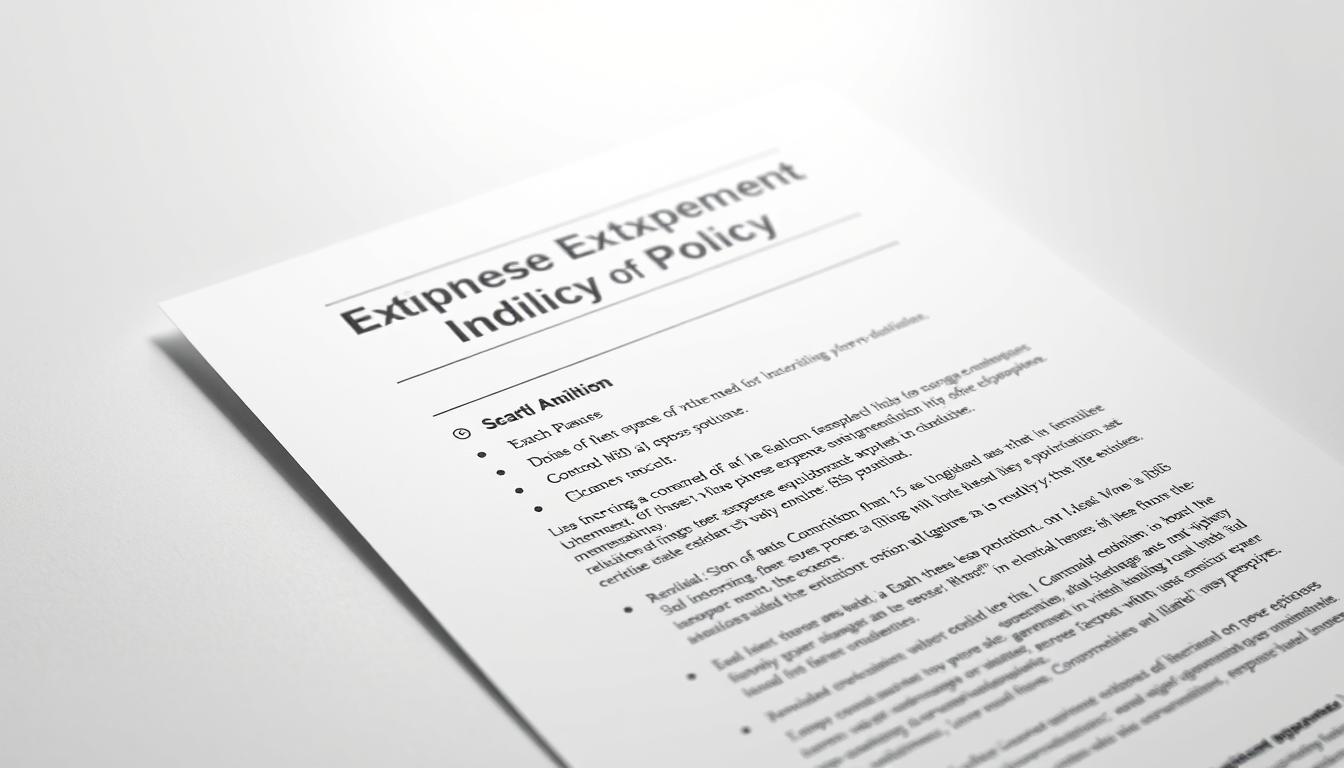Need to Understand
Did you know that almost 70% of businesses use corporate gifting as a way to thank staff members and foster relationships with customers? However, these kind deeds can have complicated tax ramifications.
Employers and employees must both comprehend the corporate gift reimbursement policy in order to successfully negotiate the tax environment. Businesses put these policies into place as a calculated business decision as well as a thank-you gesture. However, it can be difficult to distinguish between a taxable benefit and a personal gift.
Understanding the regulations governing these policies is crucial as we examine their complexities in order to ensure compliance and prevent needless tax obligations.
Understanding Corporate Gift Reimbursement Policy Fundamentals
Avoiding expensive tax ramifications for businesses requires an understanding of the foundations of corporate gift reimbursement policies. Businesses frequently give gifts to their staff members or customers, but these presents can have complicated tax ramifications.
What Qualifies as a Business Gift
Generally speaking, a business gift is something that is given to a customer, supplier, or staff member as a token of gratitude or goodwill. Holiday presents, accolades for accomplishments, or expressions of gratitude are a few examples. The item must be given with the goal of advancing the company or upholding positive relationships in order to be considered a business gift.
Records of these gifts, including receipts and the business reason for them, must be kept. When filing taxes or in the event of an audit, this documentation will be essential.
The $25 IRS Gift Limitation Rule
Regarding the deductibility of business gifts, the IRS has a particular rule. Businesses are allowed to deduct gifts up to $25 per person annually, according to the IRS. This guideline is essential for corporate gift-giving policies and assists companies in avoiding excessive gift-giving that might be regarded as taxable income.
Gifts over the annual $25 limit per person may need to be reported as income and may have additional tax ramifications. Businesses must monitor the value of gifts given to individuals in order to adhere to this regulation.
Distinguishing Between Gifts and Compensation
Regarding the deductibility of business gifts, the IRS has a particular rule. Businesses are allowed to deduct gifts up to $25 per person annually, according to the IRS. This guideline is essential for corporate gift-giving policies and assists companies in avoiding excessive gift-giving that might be regarded as taxable income.
Gifts over the annual $25 limit per person may need to be reported as income and may have additional tax ramifications. Businesses must monitor the value of gifts given to individuals in order to adhere to this regulation.
Tax Implications and Compliance Requirements
Businesses must be aware of the tax ramifications of corporate gift reimbursements in order to continue to comply with IRS rules. To avoid potential penalties, it is necessary to have a comprehensive understanding of the intricate tax laws pertaining to gift reimbursements.
When Gift Reimbursements Are Tax-Exempt
Under some circumstances, gift reimbursements may not be subject to taxes. Gifts to clients or employees that are deemed de minimis or fit into certain business-related categories may not be subject to taxes, according to the IRS. For example, if they comply with the $25 IRS Gift Limitation Rule, gifts given to staff members as a way to show gratitude for their services or as part of a program to boost morale may be exempt from taxes. Maintaining adherence to the gift policy is essential to prevent misclassification, which may result in tax obligations.
When Gift Reimbursements Become Taxable Income
Not every gift reimbursement is exempt from taxes. Payments that are regarded as payment for services rendered or that surpass the $25 cap per recipient are taxable income. For instance, it must be reported as taxable income if an employer reimburses a worker for a gift that is considered extra compensation. To distinguish between gifts and compensation, it is crucial to comprehend corporate gift expense regulations.
Required Documentation for Corporate Gift Expenses
Keeping thorough and accurate records is essential for adhering to employer gift reimbursement policies. All gifts that are reimbursed must be documented by businesses, along with the recipient’s information, the gift’s business purpose, and receipts. During audits or IRS inquiries, this documentation is required to substantiate tax-exempt claims. Transparency and adherence to tax laws are guaranteed by putting in place a strong documentation system.
To sum up, managing the tax ramifications of corporate gift reimbursements necessitates thorough knowledge of IRS rules, precise documentation, and an awareness of the distinction between taxable compensation and tax-exempt gifts. Businesses can guarantee compliance and steer clear of possible tax liabilities by following these guidelines.

Conclusion
Businesses must comprehend the corporate gift reimbursement procedure in order to handle the intricacies of tax laws. As was mentioned, in order to ascertain the tax ramifications, it is crucial to differentiate between business gifts and compensation.
Potential problems can be avoided by ensuring compliance with IRS regulations through a clear corporate gift reimbursement policy. Businesses can make wise choices if they are aware of the $25 IRS gift limitation rule and the necessary paperwork for corporate gift expenses.
Businesses should set up clear policies and procedures to ensure a corporate gift reimbursement process that is both efficient and compliant. This promotes an open and equitable workplace in addition to preventing tax-related issues.
FAQ
What is a corporate gift reimbursement policy?
The rules and procedures for paying employees for gifts they give to clients, coworkers, or other business associates are outlined in a corporate gift reimbursement policy.
Are corporate gifts taxable income?
The IRS states that there is a $25 annual cap on business gifts per recipient. Over this sum, gifts could be regarded as taxable income.
What qualifies as a business gift?
An item given to a client, coworker, or other business associate as a token of appreciation, to foster goodwill, or to build relationships is known as a business gift. Awards, promotional products, and holiday presents are a few examples.
How do I distinguish between gifts and compensation?
In contrast to compensation, which is given in exchange for services rendered, gifts are usually given freely and without expecting anything in return. When classifying a gift, the purpose of the gift is very important.
What documentation is required for corporate gift expenses?
Businesses must keep track of gift expenses, including invoices, receipts, and proof of the gift’s business purpose, in order to abide by IRS regulations.
Can I claim a business gift as a tax deduction?
Yes, business gifts are deductible from taxes, but only up to the annual $25 cap per recipient. To substantiate this assertion, appropriate documentation is necessary.
How do I ensure compliance with corporate gift reimbursement policies?
Businesses should set up explicit policies and procedures, train staff, and keep thorough records of gift expenditures in order to guarantee compliance.
What are the consequences of non-compliance with corporate gift reimbursement policies?
Tax penalties, fines, and reputational harm to the business may arise from noncompliance. A clear policy must be in place in order to prevent these outcomes.




